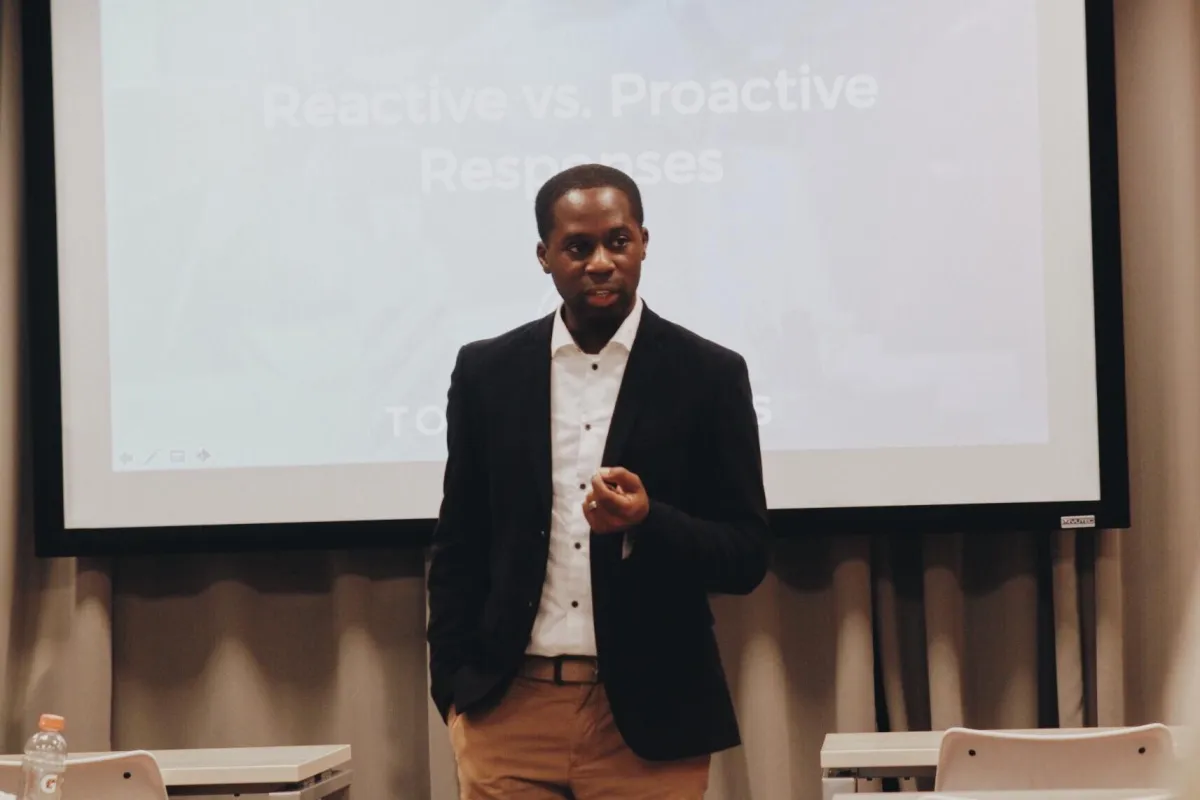
Special Guest Expert - Tolu Akande

Tolu Akande
Tolu Akande is a personal and corporate coach, serving individuals and organizations to walk in destiny – the place where opportunity and passion meet. As a Professional Certified Coach (PCC) accredited with International Coaching Federation, Tolu has committed his career to coaching excellence. Additionally, Tolu is the principal coach and career & executive coaching department head at a Fortune 50 company. He’s also served on many management and executive teams with a focus on leadership development and conflict resolution. Tolu allows these experiences to fuel his coaching engagements while keeping the client as the focus.
Connect with Tolu:
Please Share This With Your Followers
